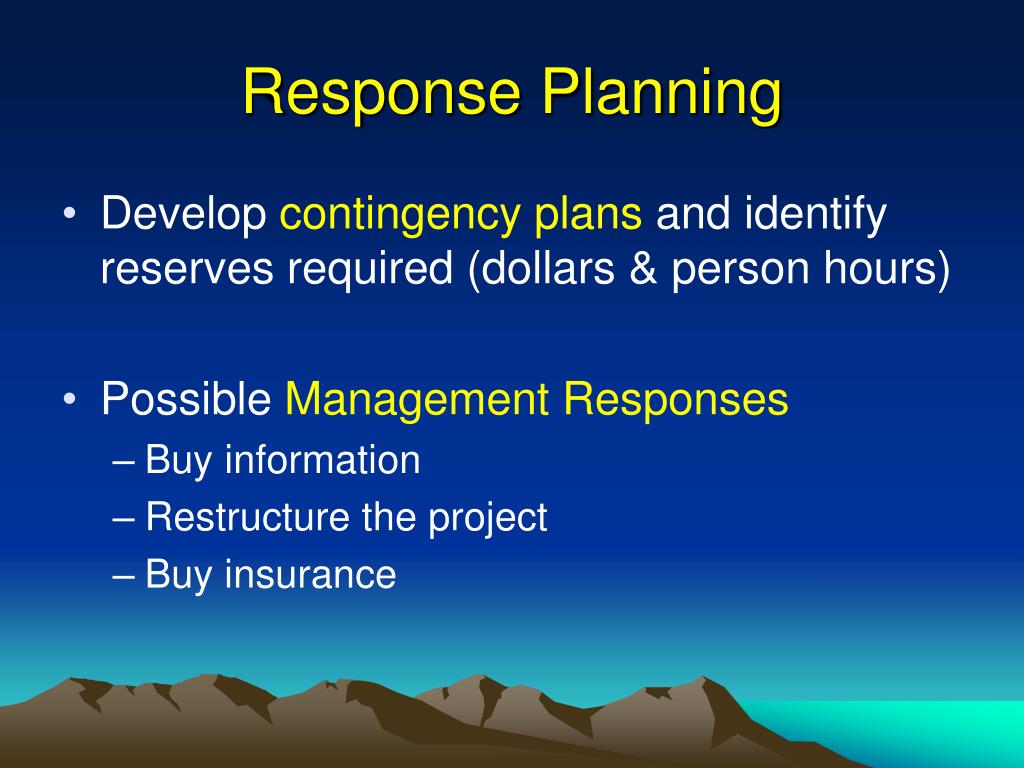

The overconfidence bias describes the general tendency that people have to be more confident in their own abilities than is objectively reasonable. Picking individual winning assets consistently over time is virtually impossible, so you are better off diversifying your portfolio. Always do your own research and due diligence and don’t just look at the articles that support your opinion but deliberately look for those that don’t and see if they offer any valid points.Īnd finally, the third thing is to diversify your portfolio.

Never blindly take advice from anyone when it comes to investing. Second, you should always do your own research. Remind yourself how much money you put at risk and how much it would hurt you to lose some or all of that money. Whenever you make a decision, ask yourself what could go wrong. Luckily, there are a few things that can help you to avoid the pitfalls of the overconfidence bias.įirst, you should always be your own devil’s advocate. Because if you are overconfident that you made the right investments, every dip turns into a new buying opportunity and there seems to be no reason to diversify because you might think that you have found the perfect investment already. The problem with that in a financial context is that it can lead you to take on too much risk. So much so, that we even make up new reasons to justify our decisions once we have made them, just to convince ourselves that they were right in the first place. The reason for this is that people strive for consistency in everything they do. In addition to that, we are also more likely to pick the factors that support our existing views. However, objectively speaking, this is almost impossible to do. That is, we have to limit ourselves to the most important factors. Therefore, we have to rely on mental shortcuts and heuristics to make our decisions. The world we live in is extremely complex. To explain overconfidence we have to look at two things: complexity and consistency. As a result, you are likely to take on too much risk, because you feel like you have the situation under control, when in fact you can do virtually nothing about it. Whenever you make predictions that’s when the illusion of control takes over. The truth is, we cannot really make those kinds of predictions because we have absolutely no control over what’s happening in any of the financial markets. A classic example of this is predictions about the stock market. That means you think that you have control over a situation, when in fact, you don’t. The third one is called the illusion of control. Those are direct consequences of your overconfidence. Maybe you will have to pull an all-nighter to finish that project you thought was only going to take a few hours, or you blow up your trading account because none of your day trades went your way. This is arguably the most visible type of overconfidence because at some point you will learn the hard way that you were wrong. This applies to many things, like learning a new skill, meeting a deadline, or estimating how long it will take you to become a millionaire day trader.

This means that you overestimate how quickly you can do something. The second type of overconfidence is called unrealistic optimism. This is called the Dunning-Kruger effect. And the biggest problem with this is that inexperienced investors are even more susceptible to overconfidence than experienced investors. In a financial context, this can be a huge problem because it can lead you to take on too much risk because you think that you are a better investor than you actually are. This means that you write your own individual performance as better than it actually is. The best way to understand how overconfidence works is to look at the three types of overconfidence we know: Overranking
UNREALISTIC OPTIMISM DEFINE DRIVERS
For example, 93% of Americans believe themselves to be better drivers than the median and 65% of Americans think they are above average in intelligence. That means that we overestimate our abilities and think that we are better than we actually are. Overconfidence is the general tendency that people have to be more confident in their own abilities than is objectively reasonable.


 0 kommentar(er)
0 kommentar(er)
